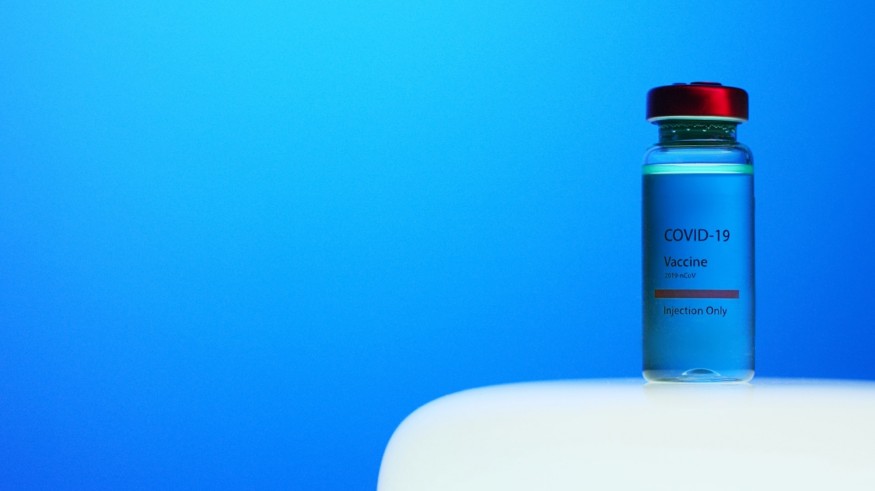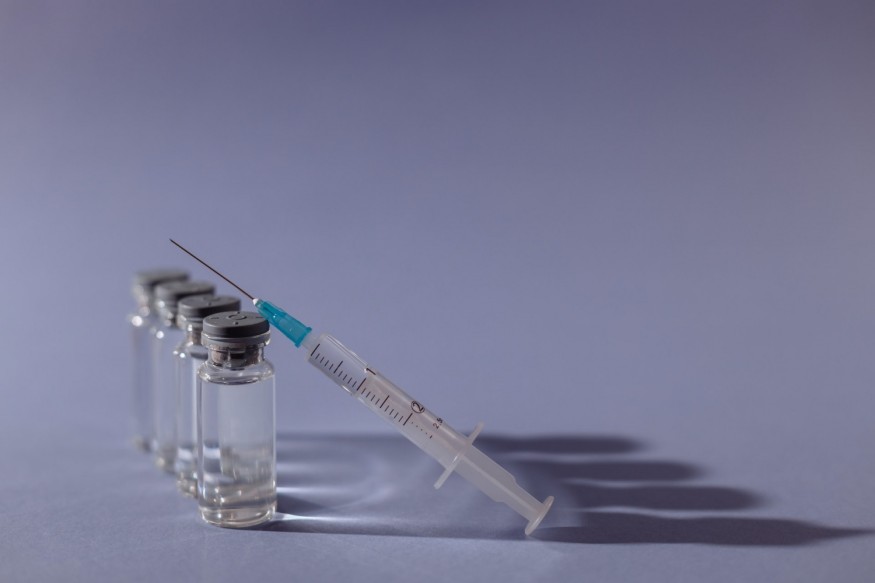
The global phenomenon of the COVID-19 pandemic is unlikely to be erased from the international community's collective memory any time soon. Indeed, the rapid, uncontrolled and worldwide spread of the rampant COVID-19 virus had a massive impact on almost every aspect of our lives - socially, professionally, and economically - but especially, in the medical arena.
Indeed, the COVID-19 pandemic was declared by the World Health Organisation as an international medical emergency - the severity of which had not been seen since the plagues of the medieval ages! And so, it logically followed that in the advent of the COVID-19 pandemic, the urgency for significant advances in medicine - mainly, in the delivery of vaccinations and other preventative measures - brought the race to create a COVID-19 vaccine to a frenetic pace. As such, the world of medicine changed drastically following COVID-19. Education, scientific research, and even public perception of the medical industry transformed - some may say for the better, while others would argue that these changes were to the detriment of our social freedoms, and our basic human rights.
Getting Informed: Updates and Changes to Medical Qualifications and Education Following COVID-19
With the occurrence of rapid changes in the field of medicine post-COVID-19, so too did the education of our medical professionals need to change. Of course, medical professionals needed to be educated on new medical treatment methods - including the dispensing of vaccinations, and other measures to prevent the spread of the virus throughout the community.
Further, the demand for medical professionals - particularly nurses - rose to unprecedented levels. Due to this, there was a rise in students seeking out medical qualifications during the pandemic. As a result, online medical courses became more accessible and easily available to aspiring medical students. The benefit of this was that by undertaking healthcare courses via online study methods, students became qualified in their own time. It also removed the need for students to physically commute to tertiary education facilities and institutions.
This was, of course, ideal during the COVID-19 pandemic - at which time mandatory lockdowns, curfews, and travel distance limitations were enforced in many countries worldwide. In Australia, for example, there was a requirement for citizens to remain within a 5-kilometre radius of their homes. Travelling outside of the 5-kilometre radius limitation was strictly forbidden, and penalties such as hefty fines were enforced if citizens were caught outside the radius limitation.
Medical Breakthroughs: Advancements in Medical Treatment and Scientific Research Thanks to COVID-19

Of course, one of the biggest advances in the medical field in the advent of COVID-19 was the creation of the COVID-19 vaccine. While many citizens were dubious of the safety of the vaccinations at first due to the urgency and speed in which the formulas were created, eventually, community uptake of the vaccine was successful. Admittedly, in Australia, this was due in part to the correlation of vaccine uptake percentages with the promise to end the lockdowns. To clarify, once the population of Melbourne, for example, was to have reached at least a 70% vaccination rate, the long-standing lockdowns were finally to be lifted. Of course, the vaccine uptake may also have been because the new vaccine was promoted as having 95% efficacy against the virus.
Public Perception: Mass Acceptance versus Minority Dissent of Medical Advances post-COVID19
In the wake of COVID-19, there is no question that our society has changed. The management of the COVID-19 pandemic was not without controversy, however, with many of us questioning the validity of the extreme lockdown conditions, as well as what has been referred to by many vaccine dissenters as medical coercion.
Controversially, this opinion is arguably somewhat cemented by the World Health Organisation's recent declaration that COVID-19 is no longer considered a medical emergency. This then begs the question - was it ever? In the eyes of many long-locked-up citizens, the severe measures against the spread of the virus were far too extreme, and the restrictions imposed on society too harsh to have ever had true merit.
There is no doubt, COVID-19 changed our society, forever. It had a particular impact on the world of medicine, of course, with new measures against the spread of the virus now being in place worldwide. The COVID-19 vaccine, for instance, is one of the biggest changes to have come out of the pandemic. Of course, the field of medicine is sure to continue to evolve and change moving forward into the future. Who knows, we may not have seen the last of these types of pandemics! Another COVID-19 situation may well be right around the corner. However, with our post-pandemic improvements in medicine, medical treatment, and medical research, we will likely be better prepared for another event of this magnitude.
© 2025 NatureWorldNews.com All rights reserved. Do not reproduce without permission.





